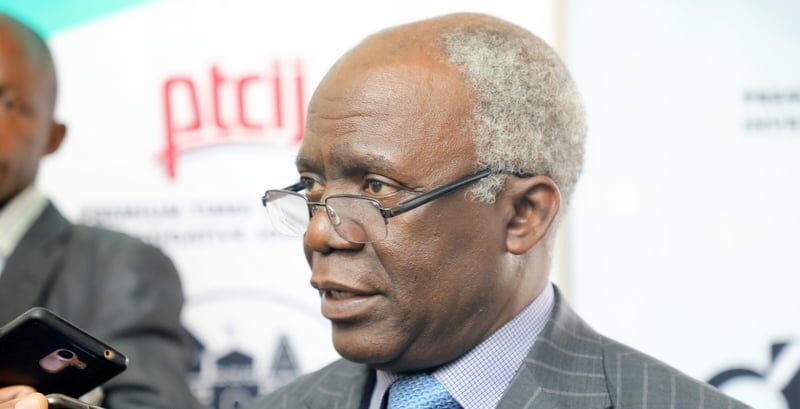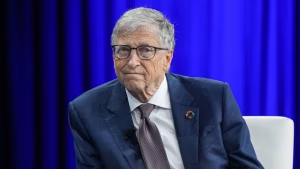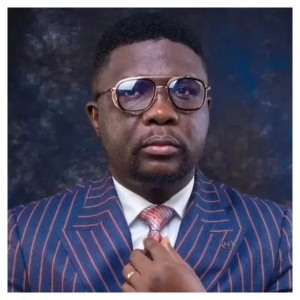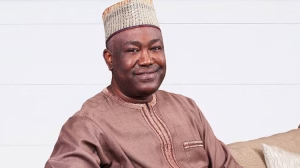Nigeria’s Ruling Parties Face Terrorism Allegations: Human Rights Lawyer Demands Action
A Canadian federal court has levelled allegations of terrorism against Nigeria’s two dominant parties, the All Progressives Congress (APC) and the People’s Democratic Party (PDP). In response, human rights lawyer Femi Falana has called on the parties to prove their innocence and address the grave issues raised in the judgement.
The court’s ruling, handed down by Justice Phuong Ngo, found that the APC and PDP “use violence, coercion and subversion of democratic institutions in their bid to acquire political power.” Falana, a Senior Advocate of Nigeria (SAN), warned that the verdict carries far-reaching implications, particularly in light of Nigeria’s Terrorism (Prevention and Prohibition) Act 2022. This act defines terrorism as the use of violence, intimidation, or coercive tactics with political or ideological motives.
Falana pointed out that electoral processes in Nigeria have often been marred by violence, killings, and voter intimidation, with perpetrators rarely facing justice. He also criticized the parties’ immediate responses to the ruling, with the APC describing the Canadian judge as “ignorant” and the PDP labelling the decision “mischievous.” Instead, Falana urged the parties to adopt legal measures to prove that they are not terrorist organisations.
The human rights lawyer further called on the Federal Government to act swiftly to mitigate the potential consequences of the ruling. He warned that if the ruling is registered in countries such as the United States, United Kingdom, and France, members of the APC and PDP may have their visas revoked and may be deported. Falana also stressed that mere diplomatic protests to Canadian authorities would not undo the judgement.
To address the situation, Falana recommended that the federal government hire immigration lawyers to take urgent action to remove the stigma of infamy contained in the judgement. He also called for strict enforcement of the Electoral Act and prosecution of election offenders, arguing that restoring credibility to Nigeria’s democratic processes is the only way to protect its global image.
The APC and PDP have yet to respond substantively to the allegations, and it remains to be seen how they will address the concerns raised by the Canadian court’s ruling. As Nigeria’s democratic landscape continues to evolve, the international community will be watching closely to see how the country’s ruling parties respond to these serious allegations.





